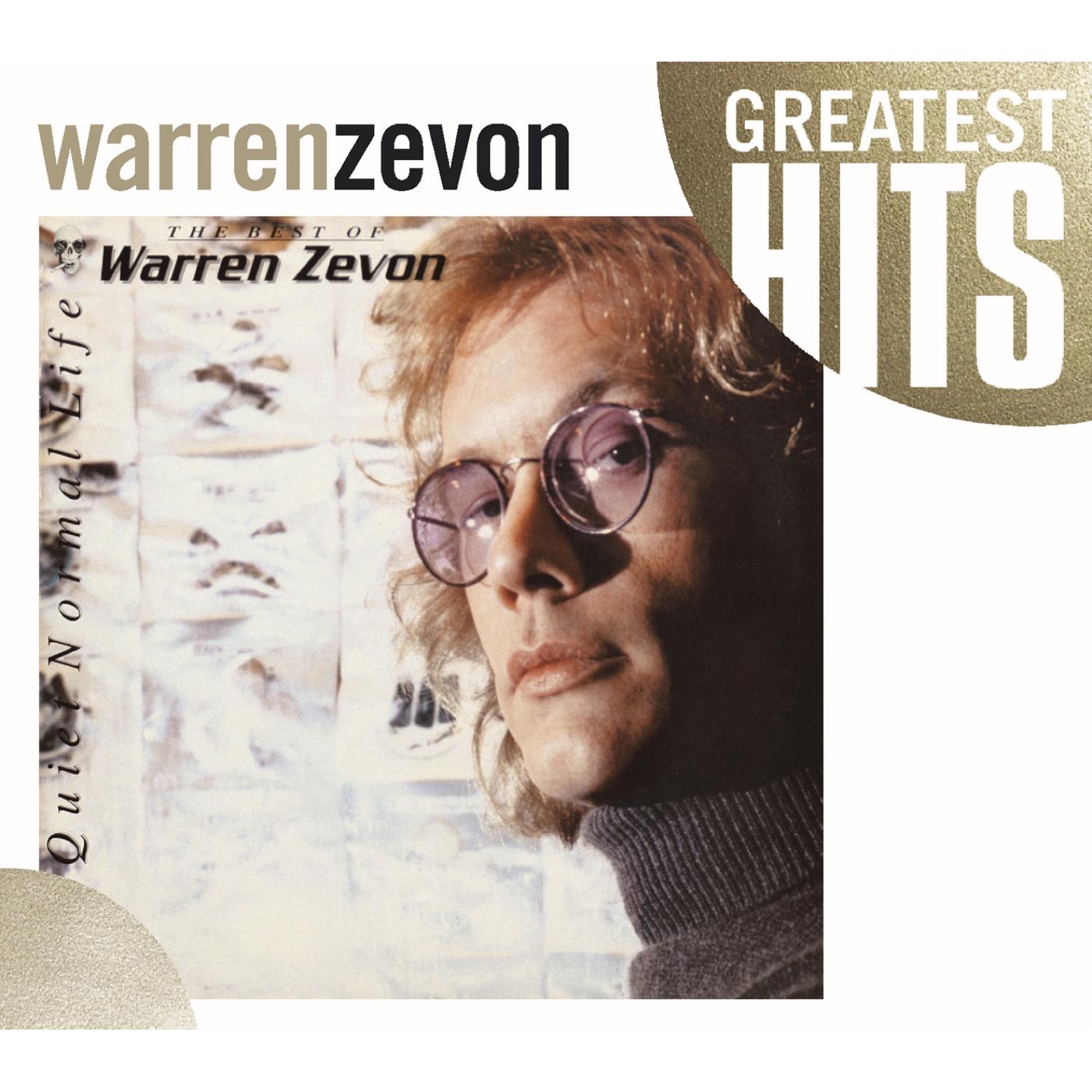January 1978: When Warren Zevon Broke Through with EXCITABLE BOY

Singer-songwriter Warren Zevon had some of music's biggest artists in his corner when he launched his solo career. After working with the Everly Brothers in the early '70s, by 1975 Zevon found himself in Los Angeles, living with Stevie Nicks and Lindsey Buckingham, who'd recently joined Fleetwood Mac. Soon, he was collaborating with Jackson Browne, who went on to produce Zevon's self-titled major label debut in 1976. The LP featured a veritable cavalcade of stars, with appearances from Phil Everly, Bonnie Raitt, Stevie Nicks, Don Henley, Glenn Frey, and more.
While the album didn't exactly burn up the charts, only reaching #189 on the Billboard 200, it set the stage for Zevon's breakthrough and commercial peak: the album Excitable Boy, released January 18, 1978. The LP arrived as the same day as Zevon's signature single, "Werewolves of London." The track, which was originally conceived as a joke by Phil Everly in 1975, moved Jackson Browne enough that he'd cover the song live, long before it had ever been recorded. When Zevon did attempt to capture the track on tape, the artist and his collaborators had a difficult time getting it just right. Producer Waddy Watchel even called it "the hardest song to get down in the studio I've ever worked on."
It wasn't until Mick Fleetwood and John McVie of Fleetwood Mac joined in on a recording session that Zevon and company finally nailed "Werewolves of London." The record label liked the song enough to fast-track it to radio, where it became an immediate hit. Simmering on the charts for weeks, the song went on to peak at #21 on the Hot 100 for the week of May 14, 1978. The track's legacy has loomed large ever since, with the single going on to become a Halloween standard, and being immortalized in the 1986 Tom Cruise movie, The Color of Money.
While "Werewolves of London" was the only charting single on Excitable Boy, the album is packed with Warren Zevon classics including "Lawyers, Guns and Money," "Roland the Headless Thompson Gunner," and album tracks like the surprisingly funky "Nighttime in the Switching Yard," which plays in similar territory as Talking Heads' circa Fear of Music (which wouldn't arrive for another year). The album peaked at #8 on the Billboard 200 for the week of May 14, 1978. The #1 album in America that week: the Saturday Night Fever soundtrack.
While his legions of hardcore fans know better, Zevon (who died in 2003) is still best known for "Werewolves of London." It's something that the artist came to grips with, which he revealed during an 2000 interview:
"You don’t have any control over it. You know, it’s not like a serial killer goes to the gas chamber with your song on his lips, but it can be a little unpleasant, ’cos sometimes you feel like people have seized on kinda the last thing you thought was important about your work. Or some unsavory aspect of it that you thought was gonna draw people in to be redeemed, not brutalized more," Zevon mused. "And I must admit that seems to happen quite a bit with my stuff. I seem to have overestimated its redemptive qualities and be reminded of its brutal ones all the time. What can you do?"


